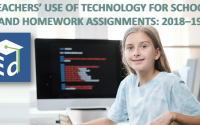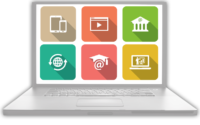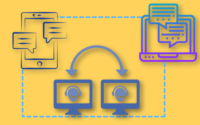
Using Virtual Teams to Map Digital New Generation Learning Environments into Tertiary Online Learning Spaces
The sudden emergence and rapid spread of COVID-19 is a reminder of our frailty, where the magnitude of the impact facing the world as a result of the COVID-19 pandemic has become increasingly apparent. One way that we have effectively responded to this emergency educationally, has to become innovative in our relationship with technology. The […]
















